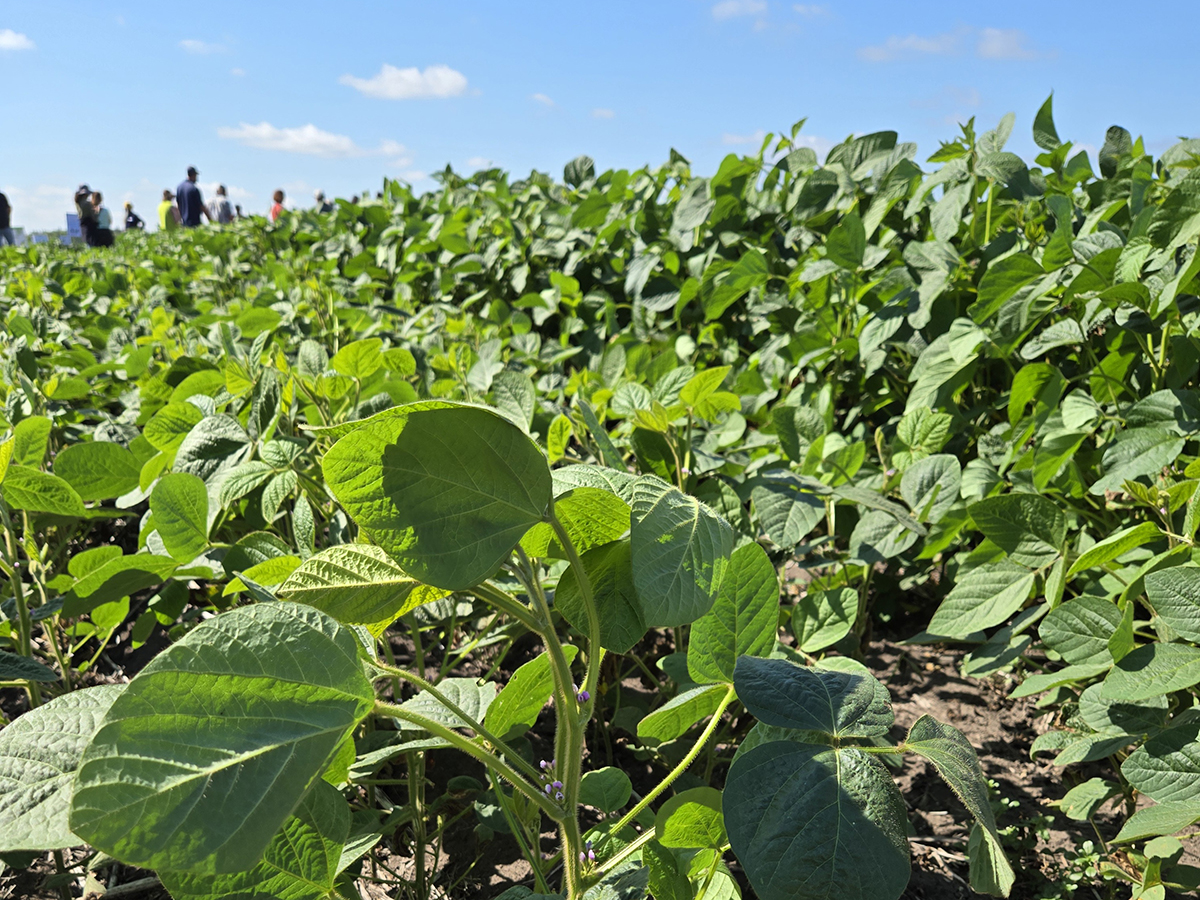MPs on the House of Commons agriculture committee were frustrated last week as Competition Bureau officials repeatedly argued they have little authority to reverse or slow down the growing concentration in Canadian agribusiness.
They were appearing before the committee in part to explain why the bureau approved Cargill’s purchase of Better Beef in Guelph, Ont., increasing its share of the national packing industry to more than half.
“The evidence we obtained established that the two beef packing facilities operate in separate geographic markets,” Gaston Jorré, senior deputy commissioner of competition, told MPs. “The bureau found that in Western Canada, including Manitoba, the competition between Cargill and Better Beef was limited.”
Read Also

Spider mites big soybean problem this season
Spider mite issues have been geographically limited but significant where they occur, said John Gavloski, an entomologist with Manitoba Agriculture.
He said that in 2004, the Ontario plant’s purchases of fed cattle in Manitoba accounted for less than 10 percent of sales in the province.
“Better Beef’s ability to influence cattle prices in Western Canada was not significant.”
James Bezan, a Manitoba Conservative and cattle producer, was not impressed.
“Even if they only influence the market by 10 percent, that 10 percent is still fairly significant for us as a player in the industry,” he said. “The bigger concern that I’m hearing from producers, and from producers not only in Western Canada but in Ontario, is that we now have one player in the industry that controls over 57 percent of the market.”
Add in the other major packers and the market control is more than 80 percent.
“Do you feel there is still significant competition between those players to ensure that we’re getting fair market value for our animals?” asked Bezan.
Jorré replied: “Obviously our conclusion was that there was not a substantial lessening of competition. There are other buyers for cattle coming from both the West and from the eastern market.”
He said it includes buyers in the United States.
Retiring Ontario Liberal MP Rose-Marie Ur said farmers in her southwestern Ontario riding were upset by the change in Better Beef ownership.
“I’ve not seen a lot of positive things come out of the Competition Bureau,” she said. “I think the bureau or the act needs to be enhanced or given more teeth.”
Bureau officials said if a company leaves the market for business reasons, competition law cannot stop it.
But what if the major companies use their power to undermine smaller producer-owned packing plants, asked Alberta MP Kevin Sorenson.
“We can’t do anything to change the economics of beef packing. That’s not our mandate,” said bureau official Richard Taylor. “If they use anti-competitive acts to try to knock these companies out of business by using captive supply, by keeping the cattle away from them … then there could be a case for the Competition Bureau and we would seriously look at it.”
When they were questioned by MPs about possible remedies for the decision by Archer Daniels Midland not to buy this year’s Ontario canola crop, citing quality concerns, bureau officials said there is nothing they can do.
ADM is the only crusher left in Ontario and Northern Ontario NDP MP Charlie Angus said the company decision has left the province’s canola sector in chaos.
Taylor said the competition act cannot force new companies into the market to create competition or stop existing companies from leaving.
Angus retorted that with the level of market dominance held by one company “there has to be recourse when grading standards are arbitrarily changed.” He said ADM was grading much lower at the mill than the canola had been graded at the elevator.














